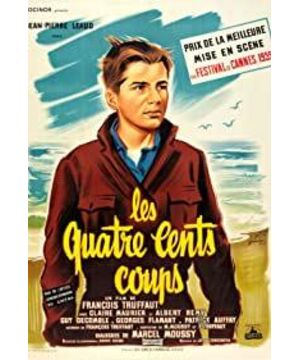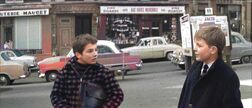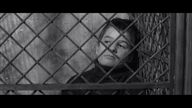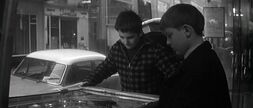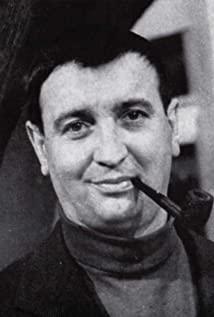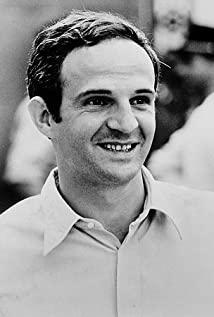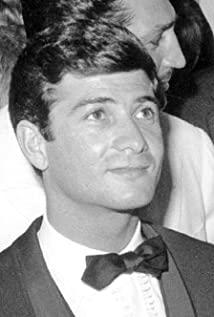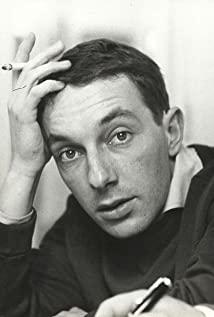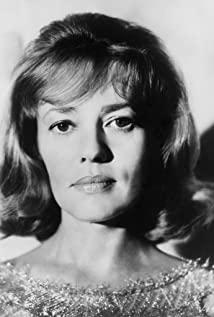-------------------------------
Les Quatre Cents Coups is a movie about a boy's journey/quest. This theme inevitably reminds people of James Joyce and Ulysses.
In fact, Les Quatre Cents Coups echoes James Joyce's short story "Araby" in many ways, though the boy in the movie seems to be older than the boy in "Araby". Both boys are highly sensitive. They live with indifferent or even violent families. Their neighbourhoods seem dim and cold. And of course, both set off on their journey.
"Araby" is often called by critics as "A Portrait of the Artist as a Boy" . In this sense, Les Quatre Cents Coups is "A Portrait of the Artist as an Adolescence". Together with Joyce's "A Portrait of the Artist as a Young Man", we witness the growing up of the artist.
Even though the movie is ambivalent about the boy's ending, we know that the movie is semi-autobiographical, so that the boy will become one of the greatest directors - François Truffaut. Antoine, as well as François Truffaut, takes refuge and gets strength from literature and cinema.
----------------------------------
And Paris! The movie can totally be viewed as a portrait of Paris, where Truffaut grew up. It is a seemingly grand city with corruptions inside, yet it is a heaven for the homeless.
The city nurtures Antoine. When he roams the streets in midnight, he gets nutrients from the stolen bottle of milk and water from the fountain. (Though the milk comes eventually the nature - when Antoine escapes from the observation center, cows in the countryside can be seen in the background)
Truffaut actually gives many hints about the movie as a portrait of city life. When Antoine and his parents go to the theatre, the movie that they watch is called "Paris Nous Appartient" (We Belong to Paris), paralleling the movie that Antoine is "in".
Another hint is Balzac, a writer who deeply impresses Antoine. Balzac's most famous work is "La Comédie Humaine" - stories about this earthly world, all classes of people in the city.
--------- -------------------------
In this city everyone is an island, treating everyone else arbitrarily.
School should be the place to cultivate children with both knowledge and human virtues, but the school in the movie is almost worse than the observation center. The school carves the French slogan "Liberté, égalité, fraternité" on its outer wall, and teaches poems about liberty (eg "Épitaphe pour un lièvre") on class. But what the teachers do is quite on the contrary.
Family is no better. Two families are depicted in the movie: Antoine's, a lower-middle class family; Réne's, an upper-middle class family. But indifference and coldness reside in both. There's also plot of wife's cheating and husband's "I know you are cheating". The moment when Antoine and his parents go to theatre is so beautiful. But the beauty is only a bubble...
----------------------------------
The movie is just so rich in details. For example, Antoine's classmate, the one who spies on him, is clearly a gesture of paying respect to earlier detective movies.
The puppet show, with its children audience laughing, indicates the power of art.
The rotating machine when Antoine first avoids school is a metaphor about weightlessness, about the lose of gravity. Later, the movie shows how Antoine gradually loses gravity of his life.
All in all, one must look into the background besides the foreground. French New Wave movies is not about telling an attractive story to draw your attention. It is all about the real life.
View more about The 400 Blows reviews


